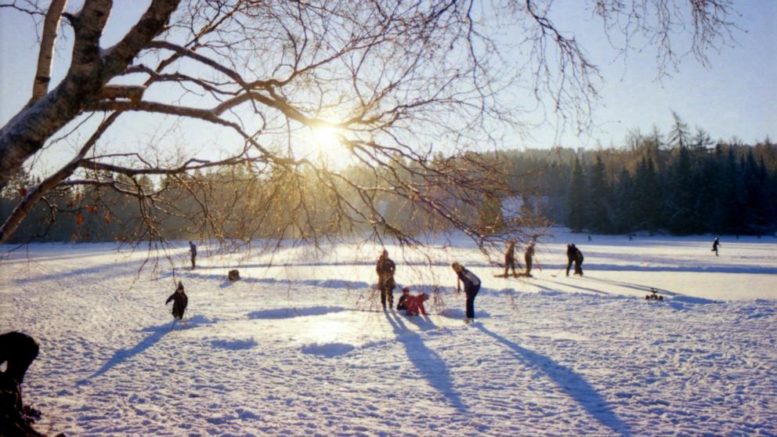As the holiday season fills the air with lights and cheer, it also heralds the approach of the winter solstice, marking the shortest day and longest night of the year in the Northern Hemisphere. Set to occur on Thursday, December 21, this astronomical event results from the Earth’s tilt, with the Northern Hemisphere tilted farthest away from the sun. At 10:27 p.m. ET, the solstice will be in full swing, bringing a day with the least direct sunlight for those living in the United States.
The winter solstice serves as the starting point for the astronomical winter season in the Northern Hemisphere, a time when the sun’s path appears at its farthest point from the Earth. Simultaneously, the Southern Hemisphere experiences the most direct sunlight, marking its summer solstice. This celestial occurrence is part of a natural cycle, driven by the Earth’s rotation on its tilt.
In terms of daylight, December 21 is the shortest day of the year for locations north of the equator, where sunlight is shorter than 12 hours. Conversely, locations south of the equator enjoy longer daylight periods exceeding 12 hours. The distinction between astronomical and meteorological seasons is crucial, with solstices and equinoxes marking the former, while the latter divides the year based on temperature cycles.
Beyond the solstice, the Northern Hemisphere can anticipate increasing daylight with each passing day until the arrival of the summer solstice on June 20, 2024. This cyclical rhythm is a testament to the Earth’s dynamic relationship with the sun.
Throughout history, ancient civilizations recognized the significance of solstices, evident in structures like Stonehenge and the Torreon in Machu Picchu, Peru. These architectural marvels were designed to align with the sun’s path, reflecting the deep understanding our ancestors had of celestial events and their connection to the changing seasons.

